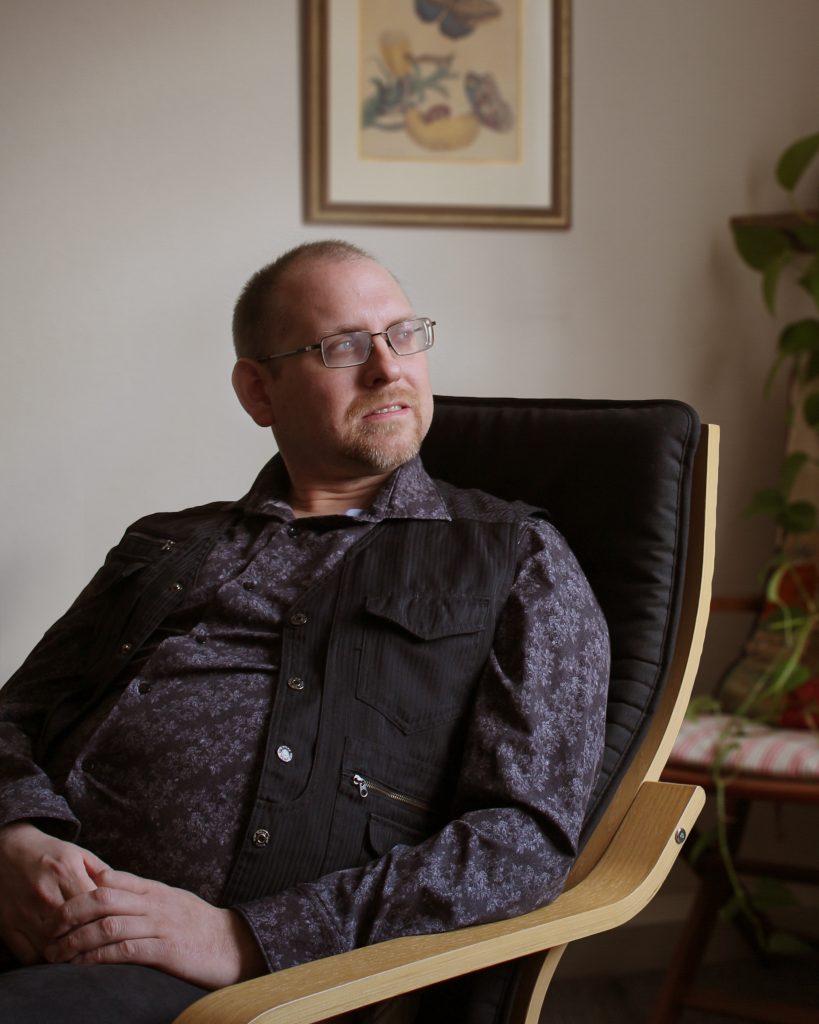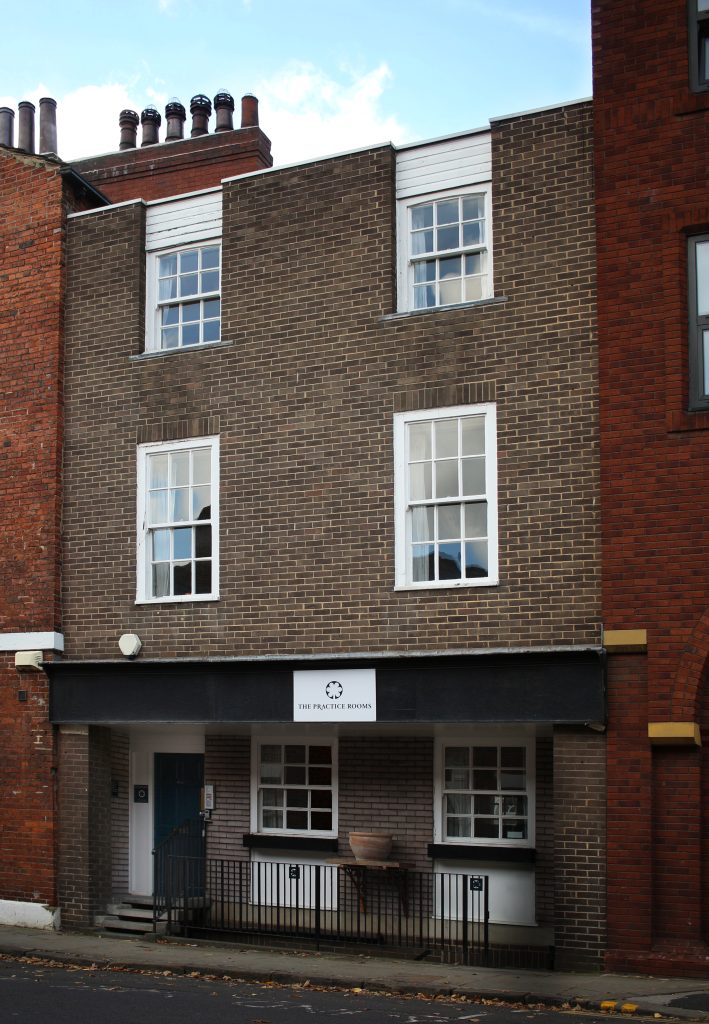About me and my therapy practice
I believe that in times like these it is only natural to feel anxious and depressed. It is only natural to be emotional.
Perhaps you are tired of being made to feel like a problem to be solved? Are you fed up up of people trying to fix you when it is the world that is broken? You might have had a bad experience with therapy in the past? I hear you.
As your therapist I will help you learn to recognise what your emotions are trying to tell you.
I will help you to make peace with yourself and in doing so allow your self esteem to flourish.

What I’ve learned
Experience has taught me that anxiety can serve us well by keeping us on the ball. Fighting it would create the very inner conflict we want to avoid. What I have learned – what you can learn – is how to respond constructively to hard times and difficult circumstances.
Everyone has the potential for personal growth, given the right conditions.
I’ve found that my approach works well with a lot of people. In particular, a lot of my clients have identified as disabled, chronically ill or neurodivergent.
I know from my own lived experience with Dyspraxia that toxic positivity may well be the last thing you want to hear.
Ableism is rife in our society so pretending disability does not negatively affect people is ludicrous. Instead, I have helped my clients to push back when they can and cope when they cannot. I don’t like labels but if I have to I will call this an Existential approach to therapy.

What you can gain
Through therapy you can build your self esteem and the gain the confidence to meet the world head on.
Above all else I believe that the act of attending therapy is therapeutic. I for one found that even just taking an hour out of my week was worth its weight in gold.
People tell me I bring a different kind of energy and integrity to therapy. Certainly, I try to offer sessions which are refreshingly centred around your lived experience.
What happens in our sessions?
A sessions with me typically begins with an invitation for you to share your story. That might mean discussing a childhood event or one from last week. It is your therapy session so you get to decide.
You set the tone. We might laugh, we might cry or we might just sit in each others’ company.
If you do have something to discuss we will work together to make sense of it. This usually means focusing on your emotional state both at the time and looking back. A key consideration will be how constructive your emotional response was.
I firmly believe that there are no such thing as bad emotions. There are times it is entirely justified to be angry, sad, nervous or ashamed. The trick is learning how to turn emotions to our advantage.
As we build your self esteem we can collaborate on reframing your emotions. As we work towards the end of the session we will hope to agree on strategies for working with your emotions rather than against them.
This can be done in Person at my Park Square practice room, via Zoom or even over the telephone.
Areas of counselling I deal with:
- Anxiety
- Asperger’s syndrome
- Autism
- Chronic fatigue syndrome/ME
- Chronic illness
- Depression
- Disabilities
- Discrimination
- Dyslexia
- Dyspraxia
- Feeling sad
- Gender dysphoria
- Generalised anxiety disorder (GAD)
- HIV/AIDS
- Learning difficulties
- LGBTQ+ counselling
- Loneliness
- Low self-confidence
- Low self-esteem
- Mental health
- Neurodiversity
- Self-harm
- Social anxiety
- Spirituality
- Stress
- Suicidal thoughts